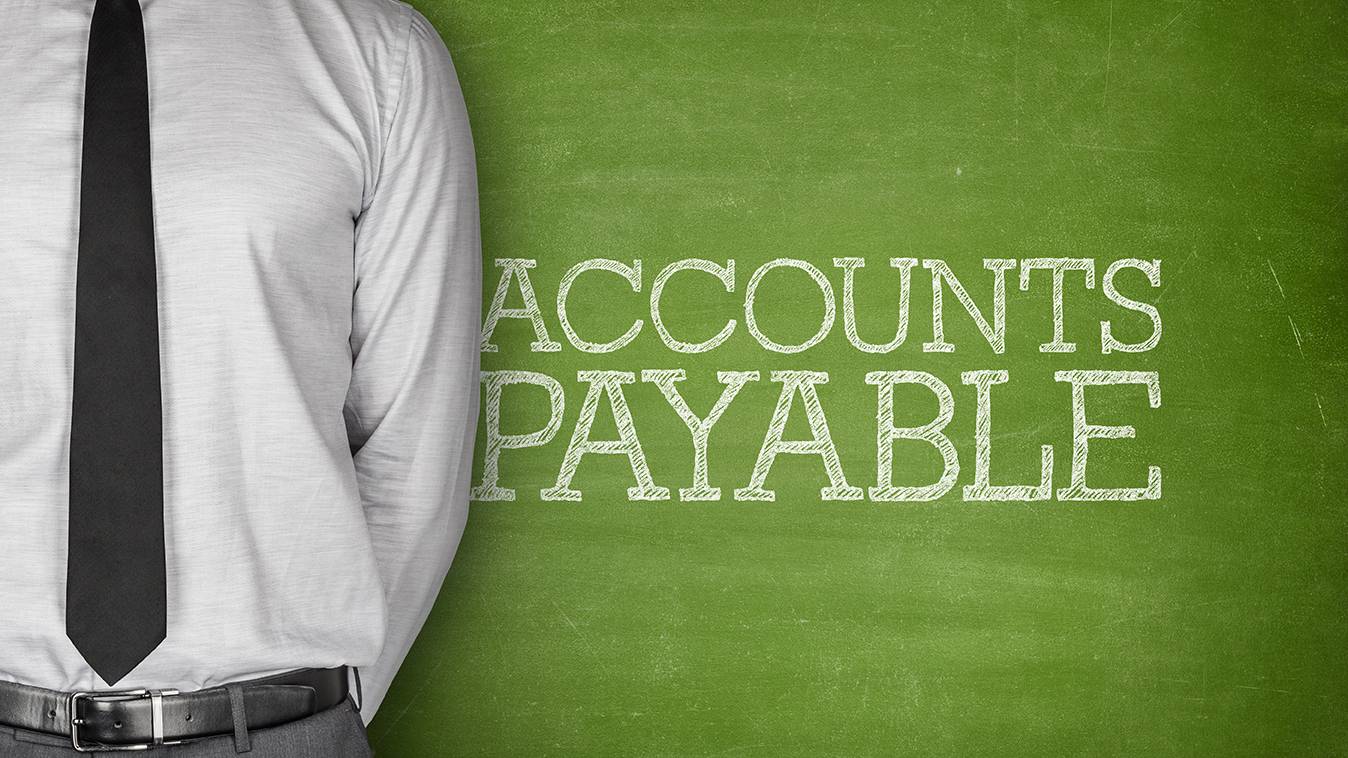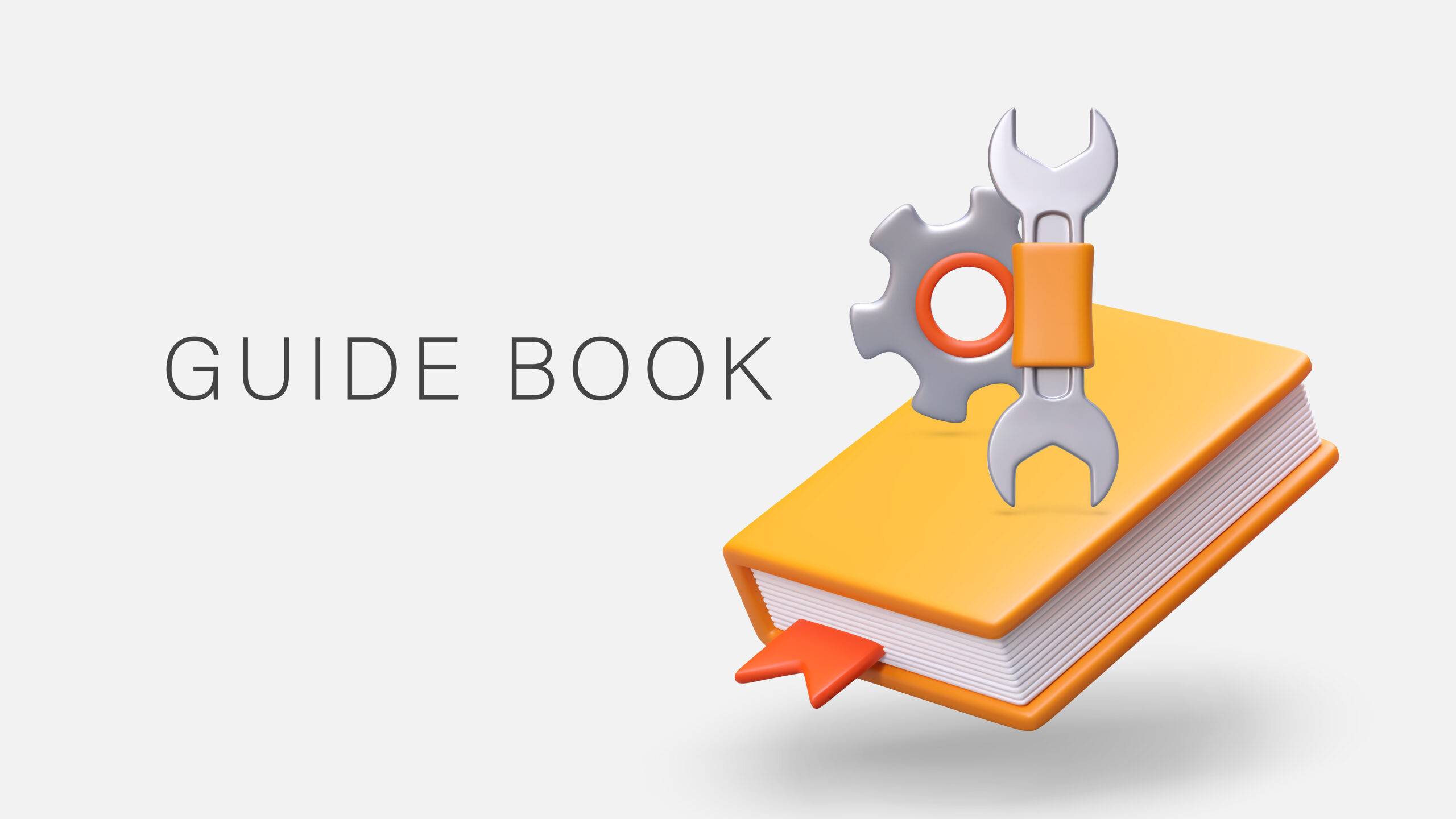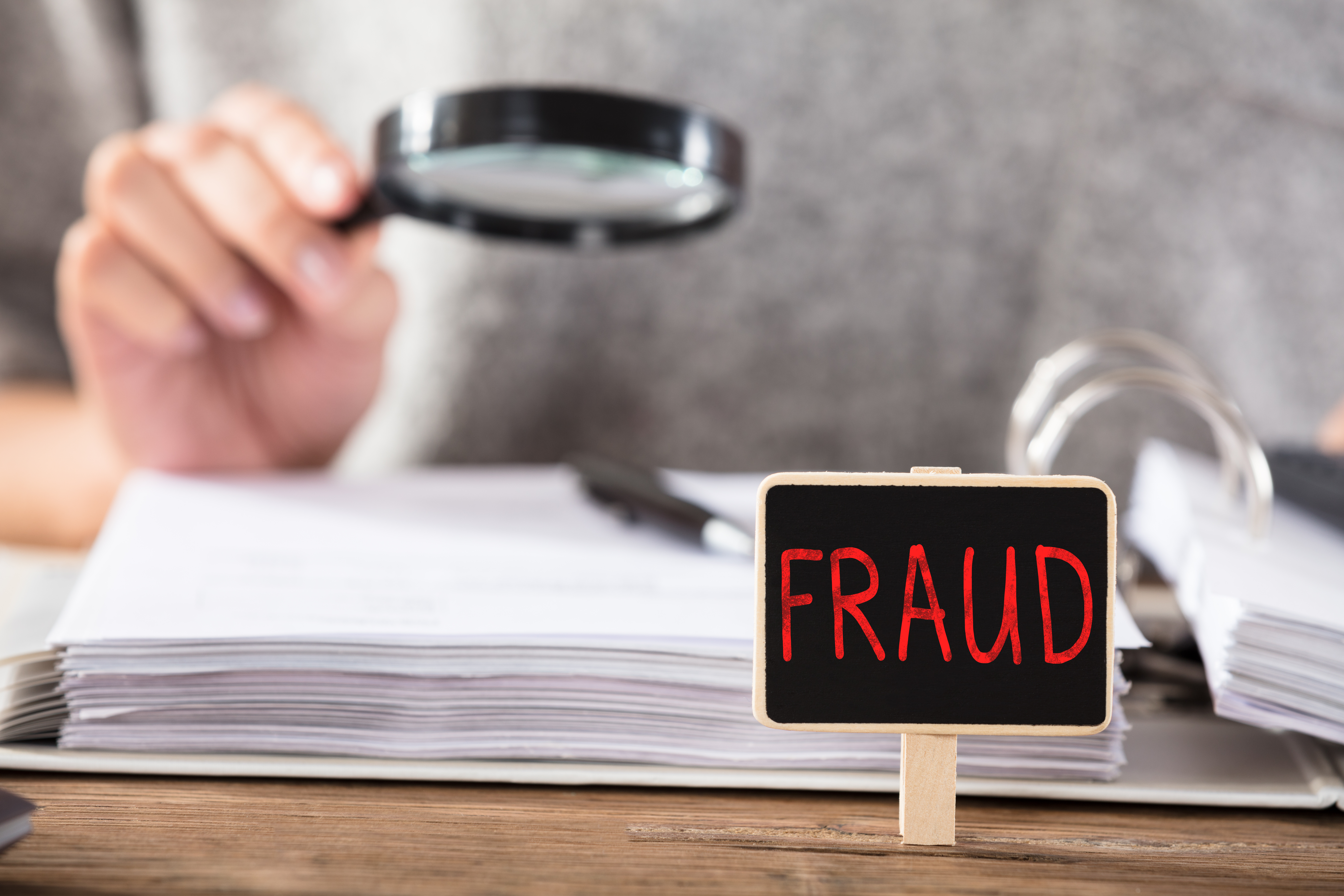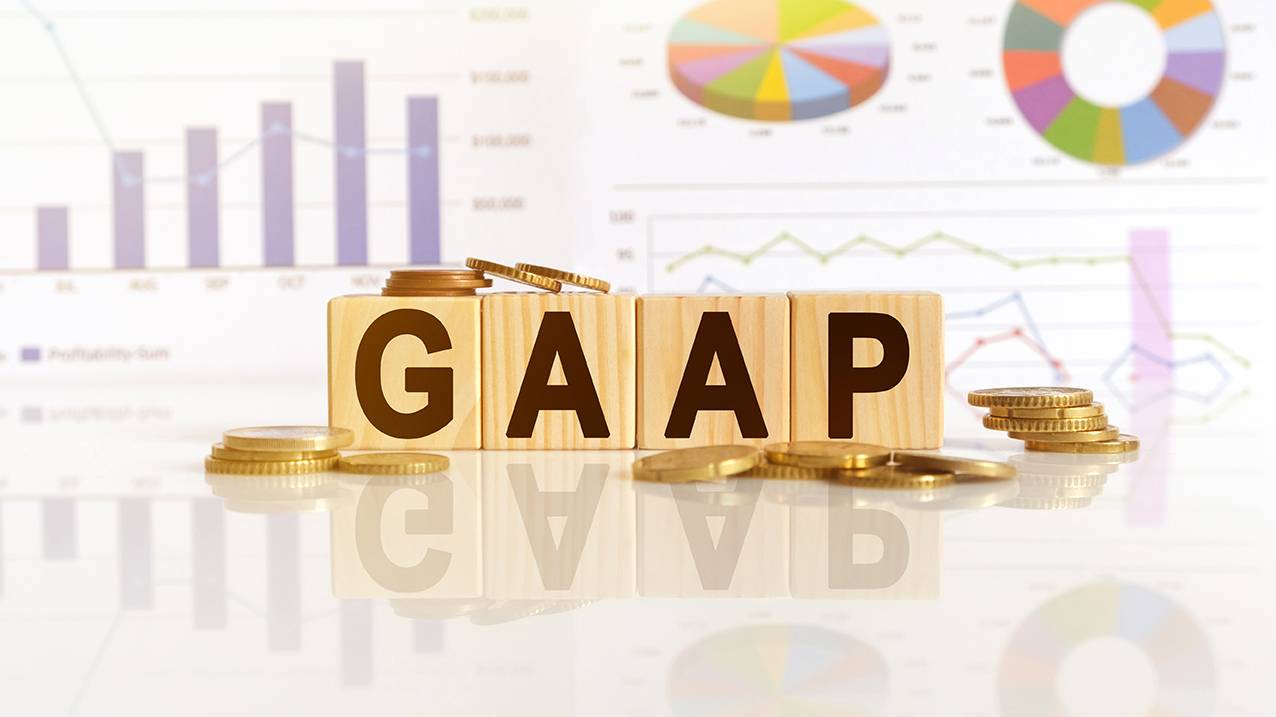Self-Study
Fundamentals of Accounts Payable: An Accountants Handbook
Strategies for accounts payable operations, preventing fraud, and implement controls for secure financial operations.

$336.00 – $376.00
Webcasts are available for viewing Monday – Saturday, 8am – 8pm ET.
Without FlexCast, you must start with enough time to finish. (1 Hr/Credit)
Please fill out the form below and we will reach out as soon as possible.
CPE Credits
12 Credits: Accounting
Course Level
Overview
Format
Self-Study
Course Description
In the dynamic financial landscape of today’s business world, a robust and efficient accounts payable function is crucial. However, without a deep understanding of its fundamentals, organizations often encounter issues like fraud vulnerability, duplicate payments, and inefficient processes. Fundamentals of Accounts Payable: An Accountants Handbook, led by industry expert Mary Schaeffer, addresses these challenges by presenting key strategies for strengthening the accounts payable function. You’ll learn how to establish effective controls, design efficient invoice processing systems, and implement best practices for electronic payments and p-card policies. By focusing on process improvement and fraud prevention, this accounts payable accounting CPE course ensures that your accounts payable function not only becomes more efficient and cost-effective but also more secure and compliant with evolving regulations. These best practices for accounts payable are an invaluable resource for auditors, controllers, and managers aiming to refine their organization’s financial operations.
Learning Objectives
Upon successful completion of this course, participants will be able to:
- Understand why setting up the accounts payable function correctly is important.
- Detect potential problems when payments are made outside accounts payable.
- Build an effective naming convention.
- Delineate an effective process for entering data in the master vendor file.
- Establish effective controls around the master vendor file.
- Create an effective process for the receipt of invoices.
- Identify duplicate invoices.
- Construct new procedures for emailed invoices.
- Understand and identify the problems associated with paper checks.
- Reduce the number of paper checks.
- Build programs that will eliminate (or partially eliminate) paper checks.
- Create an effective p-card policy.
- Identify and eliminate common p-card complications.
- Craft an employee responsibility agreement for use of p-cards.
- Craft an electronic payment expansion program.
- Produce procedures for dealing with discrepant invoices.
- Identify duplicate invoices.
- Craft an effective process for dealing with invoices without a PO number or name of requisitioner.
- Construct strong processes to avoid returning checks to requisitioners and issuing rush checks.
- Eliminate all late fees.
- Execute best practices when hiring a recovery firm.
- Implement a travel policy that conforms to IRS guidelines.
- Assemble a spot-checking policy for expense receipts.
- Set reasonable reimbursement practices.
- Use positive pay correctly.
- Implement policies that deter p-card fraud.
- Pinpoint misconceptions that deter proper fraud protection.
- Employ best practices to prevent ACH and wire fraud.
- Create a policy to deal with the BYOD issue.
- Create an effective policy and procedures manual.
- Establish a policy for updating the accounts payable policy and procedures manual on a regular basis.
- Develop effective procedures for handling information reporting requirements related to accounts payable (1099).
- Establish procedures for checking for bribery violations.
- Integrate low-cost technology to create a more efficient accounts payable process.
- Incorporate appropriate segregation of duties into your accounts payable process.
- Pinpoint potential internal control breakdowns and craft procedures to fix them.
- Improve productivity without spending a fortune.
- Create an electronic payments program.
- Identify and eliminate common problems associated with electronic payments.
- Build a program to recover open vendor credits.
- Earn all early payment discounts.
- Create best practice supplier onboarding processes.
- Delineate procedures for handling vendor inquiries.
- Identify changes impacting accounts payable in the near future.
Course Specifics
1193492
May 25, 2023
There are no prerequisites.
None.
270
Compliance Information
Qualifies for CA Fraud Credits: 12
CMA Notice: Western CPE makes every attempt to maintain our CMA CPE library, to ensure a course meets your continuing education requirements please visit Insitute of Management Accountants (IMA)
CFP Notice: Not all courses that qualify for CFP® credit are registered by Western CPE. If a course does not have a CFP registration number in the compliance section, the continuing education will need to be individually reported with the CFP Board. For more information on the reporting process, required documentation, processing fee, etc., contact the CFP Board. CFP Professionals must take each course in it’s entirety, the CFP Board DOES NOT accept partial credits for courses.
Meet The Experts

Mary S. Schaeffer, MBA, has the inimitable ability to find accounts-payable-related solutions that really work—without making a major dent in the bottom line. Armed with a degree in math and a graduate degree in finance, she takes a “roll up your sleeves and dig into the details” approach to finding solutions to those problems that cause migraines for CFOs, controllers, and managers. Fifteen years spent researching and writing about payment issues gives Mary a unique vantage point. Combine that with an almost equal amount of time spent in the corporate trenches of several large finance and treasury departments, and you’ll understand …
Related Courses
-
 Accounting
Accounting
Accountants’ Guidebook
Steven M. Bragg, CPA QAS Self-Study
Credits: 30 $600.00
QAS Self-Study
Credits: 30 $600.00$600.00 – $640.00
-
 Accounting
Accounting
Accounting Fraud: Recent Cases
Joseph Helstrom, CPA QAS Self-Study
Credits: 1 $29.00
QAS Self-Study
Credits: 1 $29.00$29.00 – $49.00
-
 Accounting
Accounting
GAAP Guidebook
Steven M. Bragg, CPA QAS Self-Study
Credits: 29 $580.00
QAS Self-Study
Credits: 29 $580.00$580.00 – $620.00
